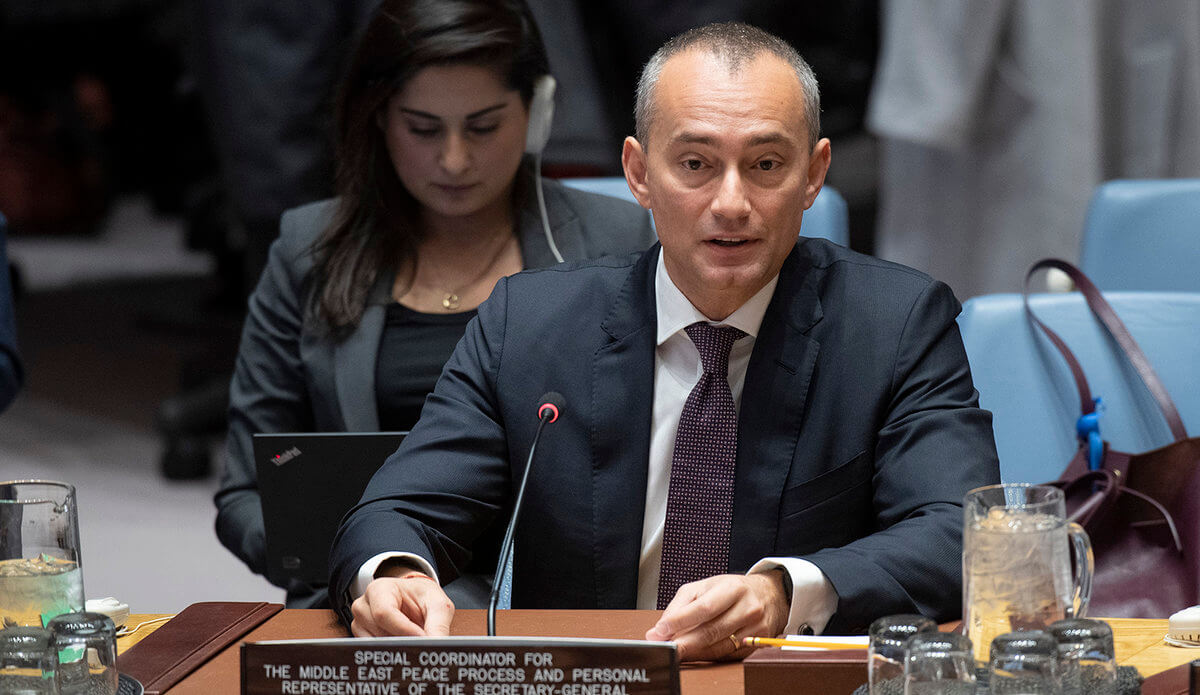The United Nations Security Council (UNSC) on Tuesday approved a proposal by Secretary-General António Guterres to appoint new envoys to mediate conflicts in Libya and the Middle East.
Veteran Bulgarian diplomat Nickolay Mladenov has been nominated to take over leading negotiations in war-torn Libya from acting Special Representative Steffanie William, who has served in the position since March following the resignation of former envoy Ghassan Salame.
Mladenov has held the role of the UN’s Middle East envoy since 2015 and is reportedly appreciated by Israeli authorities as an honest broker. He has also helped mediate several ceasefire agreements between the Jewish State and Hamas.
Meanwhile, Norway’s Tor Wennesland—who currently serves as Oslo’s envoy to the Middle East peace process—will succeed Mladenov as the UN mediator between Israel and the Palestinians.
The appointments end months of disagreements among UNSC members, who were divided by the US’ push to split the Libya role to have one person running the political mission and another focused on conflict mediation. Though the Council agreed to that proposal in September, Russia and China—who are permanent members of the body—abstained.
Libya has been in the throes of a violent conflict since 2011, following the ousting of former leader Muammar Gaddafi. In October, the two warring sides—the internationally recognized Government of National Accord (GNA) and Gen. Khalifa Haftar’s eastern-based Libyan National Army—agreed to a ceasefire. Last month, the parties met again in Libya and decided on practical steps towards implementing the ceasefire agreement.
“The members of the Security Council underlined the importance of a credible and effective Libyan-led Ceasefire Monitoring Mechanism and looked forward to a comprehensive report by the Secretary-General on the proposals for effective ceasefire monitoring under the auspices of the United Nations,” the UNSC said in a statement on Tuesday.
The Council also called for the withdrawal of all foreign fighters and mercenaries from Libya, which is already a part of the October agreement. According to the UN, there are about 20,000 foreign fighters still in the war-torn nation. Russia has been accused of supporting such individuals and mercenaries fighting against the UN-backed GNA, who is vying for power against the LNA, supported by the United Arab Emirates (UAE), Russia, and Egypt.
UNSC Names New Envoys for Libya and Middle East
Bulgarian diplomat Nickolay Mladenov will succeed Ghassan Salame as Libya envoy, while Norway’sTor Wennesland will be the new Middle East envoy.
December 17, 2020

UN Special Envoy Nickolay Mladenov. SOURCE: UNSCO
